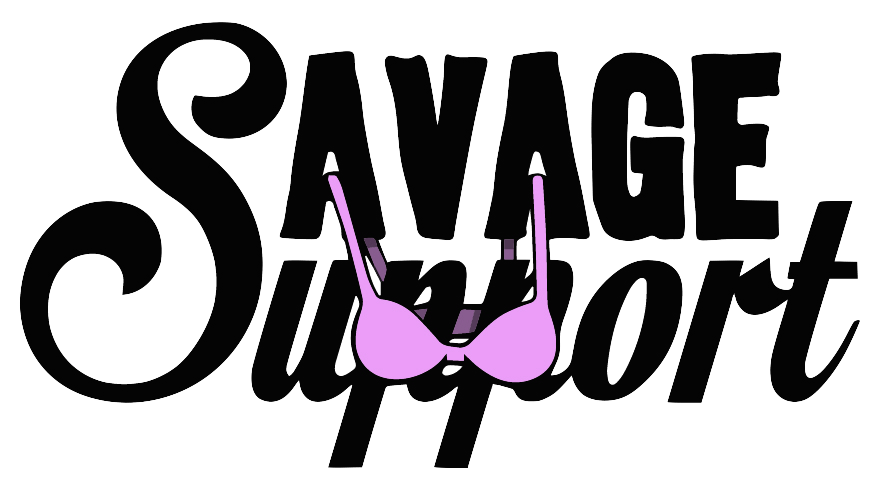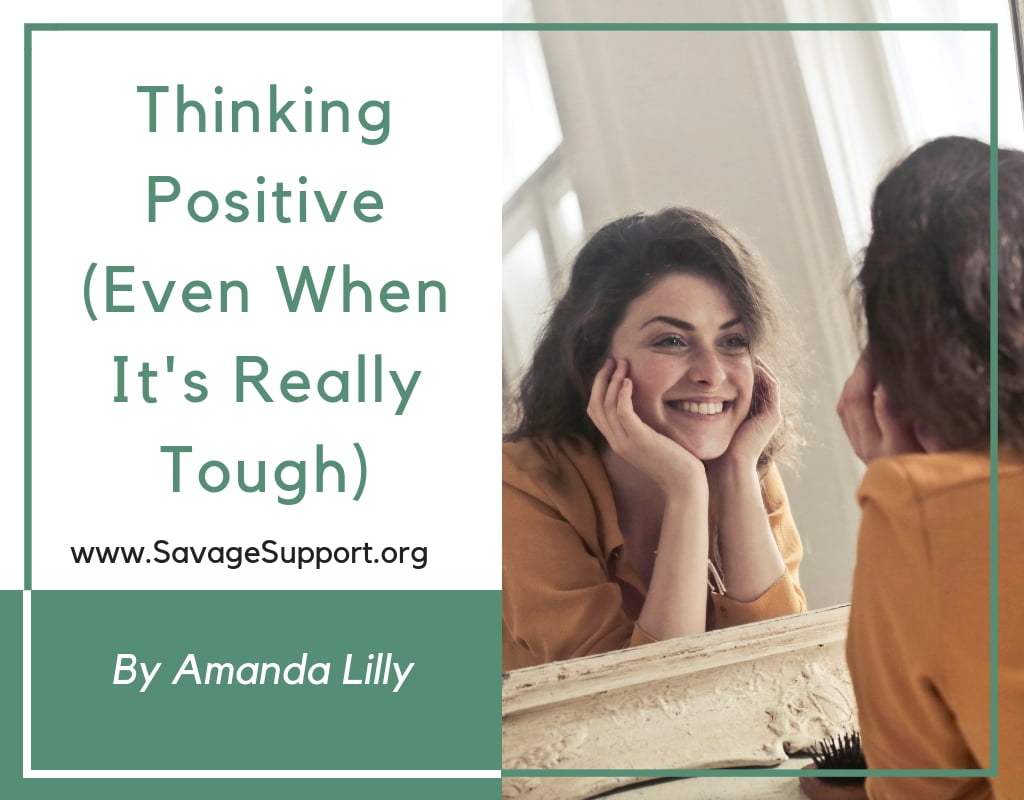We live in a modern culture that prizes positivity and shies away from the rawness and hard parts of what it means to be human. What it means to live and what it means to inevitably face our own mortality, a reckoning we must all face one day, must all process.
What does positivity mean to someone with cancer? What does it mean to someone undergoing chemo?
What positivity does not, or should not, mean, is a dismissal of one’s struggles. To think, or to be positive, is not to repress or disregard feelings that seem negative. All feelings are valid. They all have a place at the table, and they all deserve to be heard and have a voice. Each feeling we experience in the trials and tribulations of life has something to tell us.
We don’t want to tell you to fake it till you make it, or to pretend that you’re happy when you aren’t. We don’t want you to feel guilty when you’re sad, because you think you should be grateful for what you have despite everything else.
We want you and your families to be able to acknowledge how difficult undergoing diagnosis and treatment processes can be. You’re allowed to be scared, to be sad and to be angry. Positivity isn’t about shying away from these emotions. It’s about embracing them, using them constructively in a way that brings about acceptance. It’s about understanding that you’re capable of feeling and holding many emotions at once, conflicting though they may be.
What Does “Think Positive” Mean?
What we mean, what the experts mean, what the yogis and gurus of the world mean when they say to think positively is to create practices in your daily life to leave room for happiness. Even when happiness feels like it’s gone and its not coming back. Even when you feel consumed with sadness, you’ve left a seat open at the table for happiness to come back. Cultivating practices for positivity means recognizing that we are not always happy but that we have the capacity and ability to allow it space in our lives.
What are ways that we can invite and create happiness in our lives amidst hardships and struggles? What positivity can be found in treatment? Below are practices that can increase one’s capacity for positive thinking, regardless of your circumstance. This list is by no means exhaustive, and by no means do we wish to dismiss or diminish anyone’s story by telling them to “thinking positive”.
Practicing Gratitude.
In Thanks! How Practicing Gratitude Can Make You Happier, the author, Robert Emmons, discusses the value and positive psychological impact simply being grateful can have. According to psychological research, practicing gratitude can increase one’s level of happiness and life satisfaction by up to 25%. Challenging your inner voice and creating new neural pathways by examining what you’re grateful for in your life on a daily basis has been shown to decrease over all stress levels, increase better sleep, and lessen anxiety.
There are many ways to practice gratitude; a gratitude journal, in which you write in one thing every that you’re grateful for and why you’re grateful for it, has proven to show improvements in mood after only three weeks of daily practice. Other forms of practice include a gratitude jar, filling a jar with poignant moments you were grateful to have experienced, or an evening gratitude debrief in which you discuss what you were grateful for in the day with a friend or partner before bed. Whatever way you choose to do it, practicing gratitude can help cultivate positivity in one’s life.
Mindfulness.
How often have you lost time while making dinner, doing the laundry, or driven to work? How often do you do tasks on autopilot with your mind on something else? Mindfulness is the practice of being present, having intention and focusing on each task at hand, no matter how seemingly unimportant. Mindfulness is about listening to yourself, your body, and really paying attention to your inner dialogue. Research has shown that being mindful, that practicing mindfulness can improve one’s mental and emotional health and even improve physical health by teaching us to pay more attention to our bodies and physical needs. We recently wrote on this topic and you can learn more about getting into the practice of mindfulness here. HelpGuide.org also has an excellent article on the subject and how it can create space for positivity in your life.
Analytical meditation.
How often have you let your emotions run away with you? Have you ever struggled with harmful thought patterns that affect your relationship with yourself and others?
Used by none other than the Dalai Lama, analytical meditation is logic based form of meditation that asks the practitioner to self reflect on their inherent internal bias and emotional knee jerk reactions to change destructive behaviors and thoughts to more positive and productive ones. It’s form and function is structurally similar to cognitive behavioral therapy, but instead of being done with a therapist, it is done alone and the onus is on the person to practice self honesty.
How does one practice analytical meditation? It’s a lot like role playing with yourself. You fabricate a scenario in your head, generally a conflict, and you observe how you would respond in that situation. After that, you give yourself a script of sorts where you have a different reaction or motivation and run through the scenario again with this new perspective. Each time you encounter the fabricated scenario, you are trying to engage with it differently to challenge your inner voice and re-work how you usually respond to that encounter. A decrease in anxiety, better sleep, more calm and level headed reactions, and a deeper sense of empathy have all been touted by this form of meditation and can be a key component of creating space for positivity in your life.
Practice Positivity
Positivity isn’t about shutting down or ignoring the “bad,” negative or hard parts of life. It’s about recognizing that life can be both beautiful and ugly. Its about leaning into the fact that we have the power of perspective and the capacity for cultivating happiness. We are multidimensional people with layers and layers of complexity. Positivity is a tool, a lifestyle, a feeling, a force, and we’re all capable of honing it to our advantage.


0 Comments